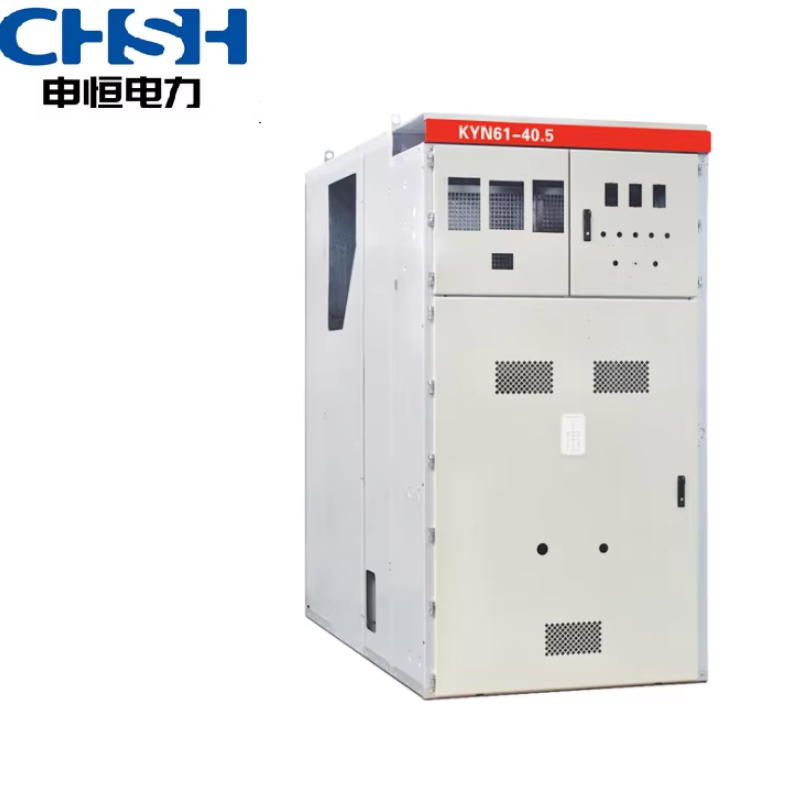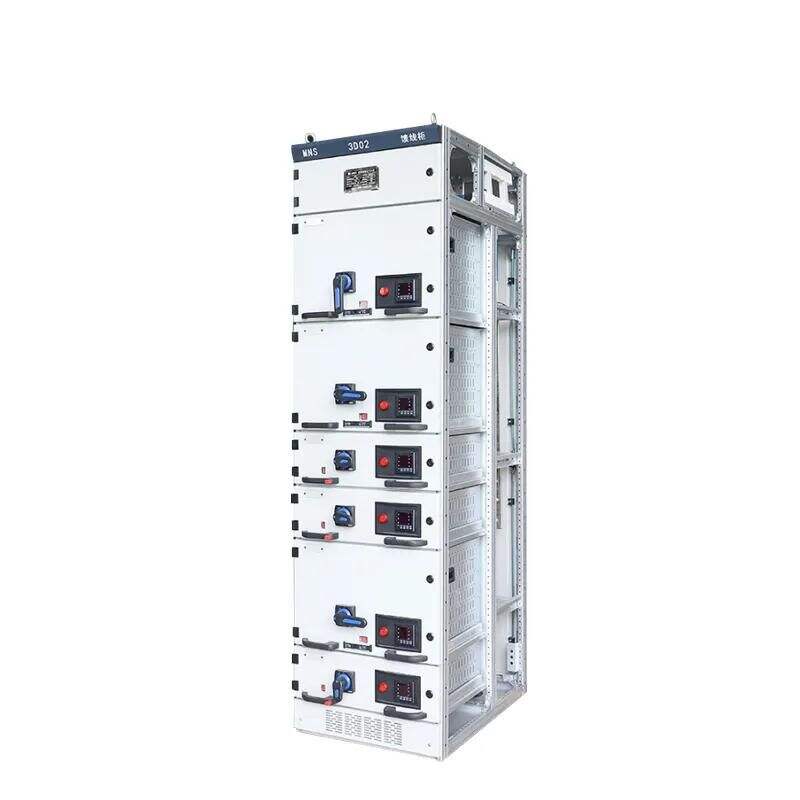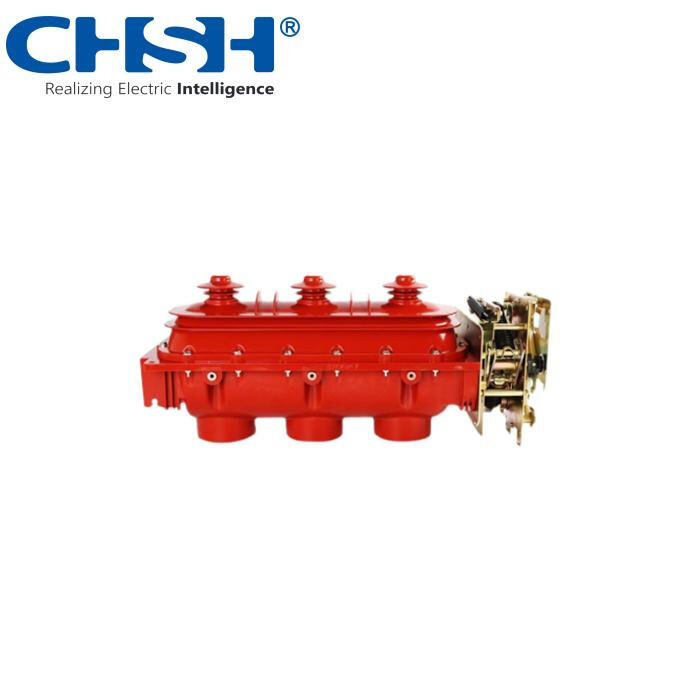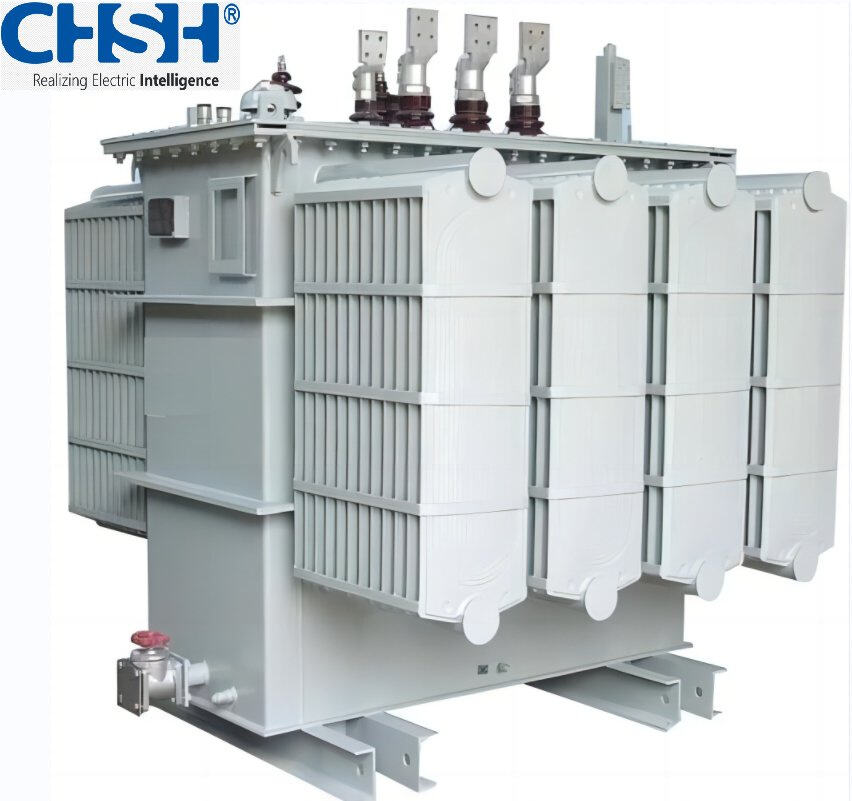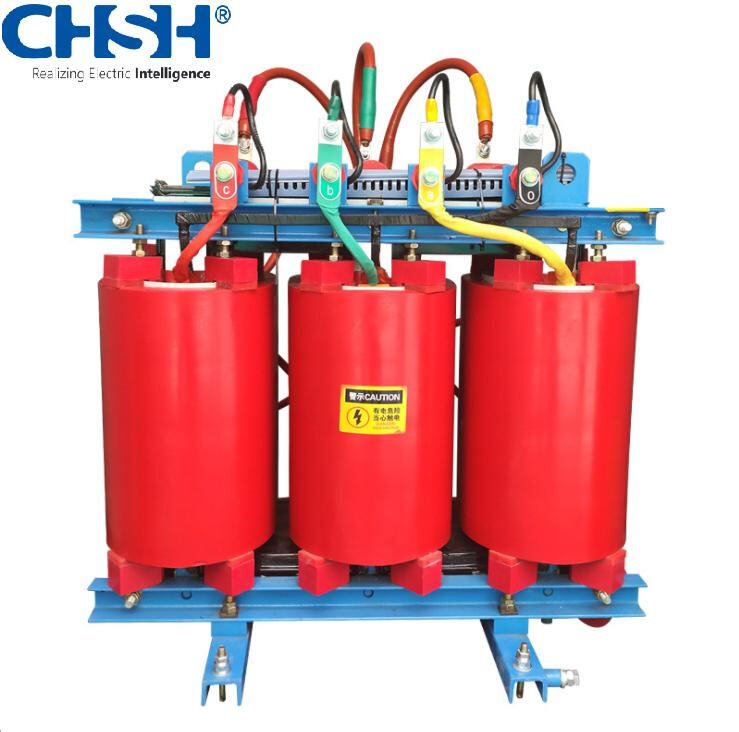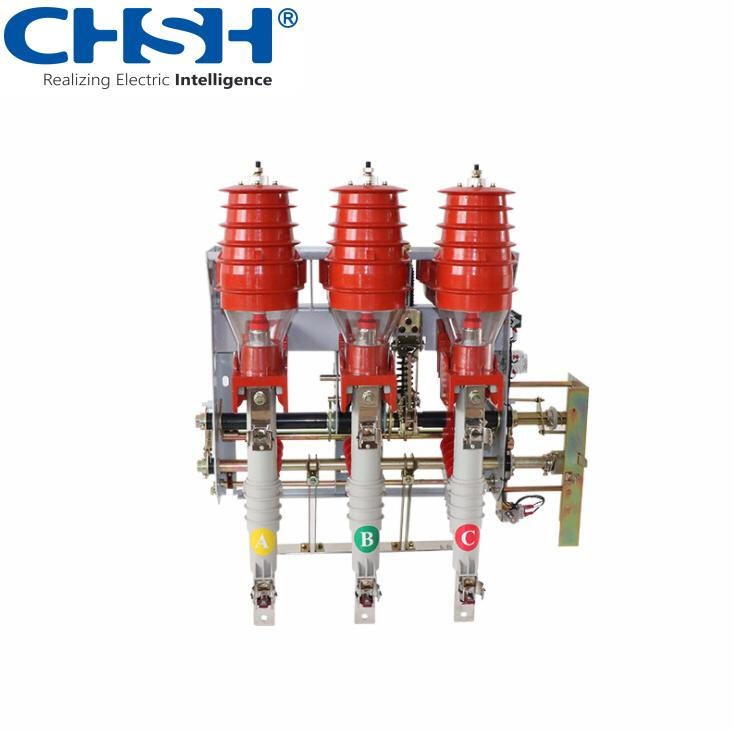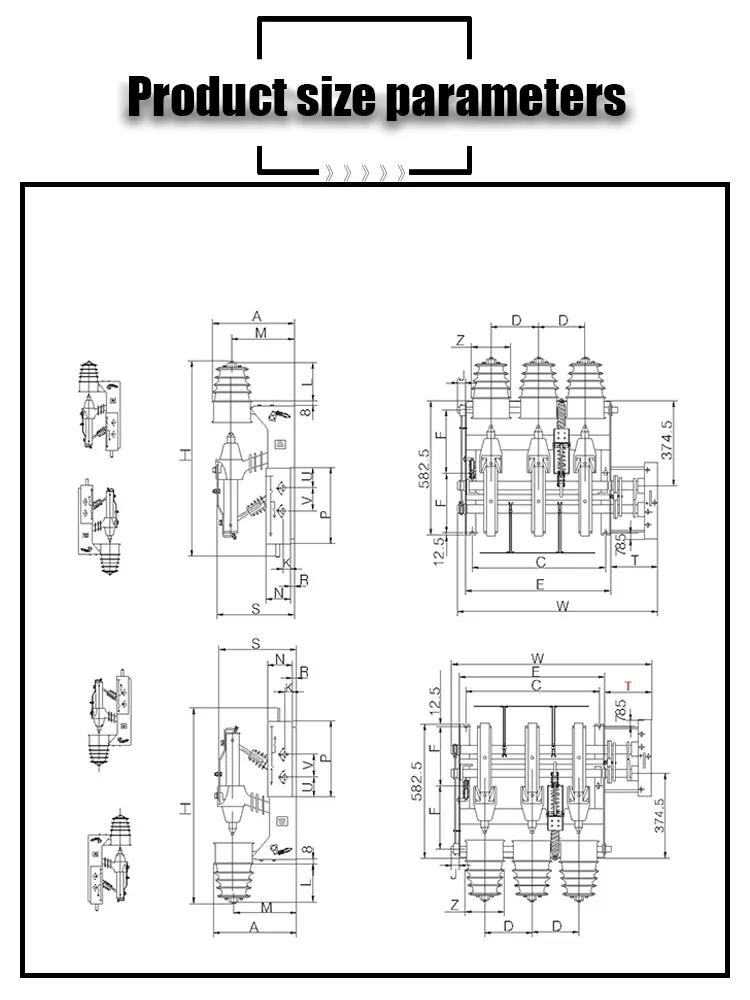high voltage fuse
A high voltage fuse is a critical safety device designed to protect electrical systems and equipment operating at elevated voltage levels. These specialized fuses serve as the first line of defense against dangerous overcurrent conditions, effectively interrupting excessive current flow before it can cause catastrophic damage. The device consists of a precisely engineered fuse element enclosed within a robust housing filled with arc-quenching materials. When an overcurrent situation occurs, the fuse element melts rapidly, creating a gap that stops current flow and contains any resulting arc within its chamber. High voltage fuses are engineered to operate in systems ranging from 1000V to several hundred kilovolts, making them essential components in power distribution networks, industrial facilities, and utility infrastructure. Their sophisticated design incorporates features such as strike indicators, thermal sensors, and specialized arc-extinguishing compounds that ensure reliable operation under extreme conditions. These fuses are manufactured to meet stringent international safety standards and undergo rigorous testing to verify their performance characteristics, including interrupting capacity, time-current characteristics, and voltage withstand capabilities. The technology behind high voltage fuses continues to evolve, with modern variants incorporating smart monitoring capabilities and enhanced protection features that contribute to improved system reliability and maintenance planning.

